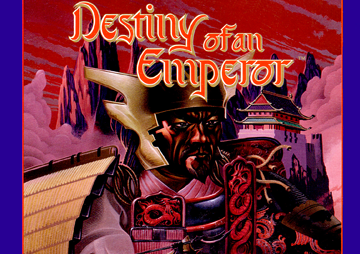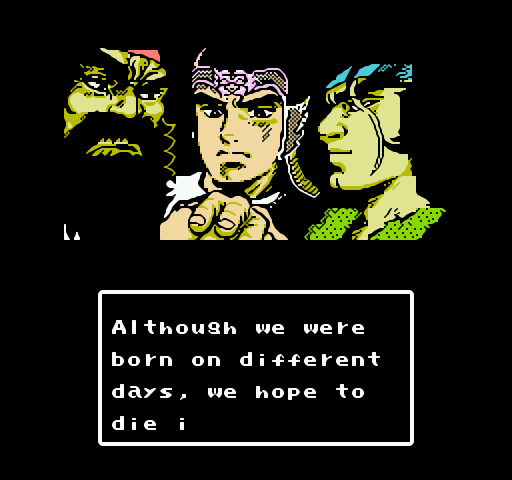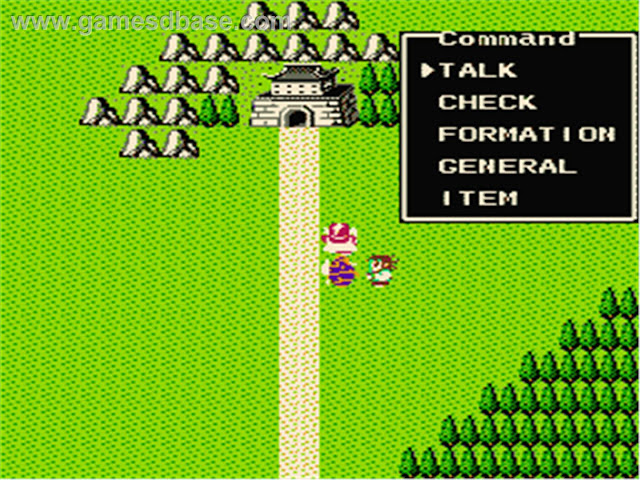Retro reflections by Nick H.
Recently we have had a few articles talking about Three Kingdoms period of ancient China. In particular I have spoken about how I fell in love with the Koei strategy game back on the NES and Matt recently reviewed the latest version of Romance of the Three Kingdoms XIII, which landed on the PlayStation 4. If you read both articles you can see the evolution that the series took over the years. Having spawned thirteen games in the series, there is little doubt that there are people who are interested in that period of history. However, there was a roleplaying game from Capcom set in that time period back in 1990 called Destiny of an Emperor based loosely on those same events.
Now what was interesting, is I didn’t know anything about Destiny of an Emperor at the time. My dad would pick up random NES games for me to play when he would go to our local video store Friday nights to rent some movies for the rest of the family. He simply did not recognise this one, so he picked it up for me. I played the daylights out of it over the next two days, and when I had saved up enough allowance, went ahead and bought a copy of the game myself (sadly having to start all over again. There are some distinct advantages to our modern system of saving games to systems and not cartridges, by the way).
To read on, please log in with your DDNet Premium account:










